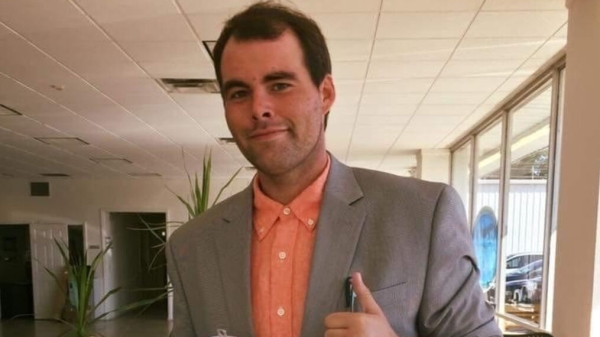Movies like Moana, Frozen, Coco and more are moving in the Huntsville-Madison County Public Library after the board changed policies to comply with new state aid requirements from the Alabama Public Library Service.
Interim director Connie Chow confirmed to APR that numerous movies currently shelved in the juvenile section of libraries are moving to young adult sections based on ratings from the Motion Picture Association of America.
“The young adult media collection has been in place at some locations for many years. This is an expansion of that collection to provide consistency in our library system,” Chow said in an email in response to an APR inquiry. “One of the resources we are utilizing to help with placement based on content is the Motion Picture Association of America (MPAA) rating system. Unlike the publishing industry, the MPAA provides a detailed framework for us to better curate our media collection. Curation of our catalog allows for better placement of materials for their intended audience.”
Chow clarified that “a film intended for a youth audience with a G rating will be placed in the juvenile section,” while “a film intended for a youth audience with a PG rating will be placed in the young adult section.”
That means movies including the previously mentioned titles plus more like the Captain Underpants movie and Diary of a Wimpy Kid will be going from a section designed for kids up to approximately 12 years old to a section geared for teens 13 to 18.
Alyx Kim-Yohn, co-organizer of the community action group At The Root Collective and an employee within the library system, said other changes at the library due to the APLS codes could lead to some minors having new obstacles to checking out those movies and other young adult materials.
Under past policies, patrons could get an adult card at 16 years old. That changes with these new policies to 19 years old. The new policies also create three tiers of library access for minors: Tier 1 allows the minor cardholder only to check out materials from the juvenile section; Tier 2 expands that access to the young adult section and Tier 3 provides access to the entire library catalog.
A parent or guardian must approve the minor’s tier access; otherwise, the card defaults to the first tier.
Taking those policies together, a 16-year-old who is currently free to browse the library and check out books with an adult library card could be restricted to checking out juvenile materials until they get a parent or guardian to come and approve a higher level of access.
Minors who cannot get a parent or guardian to come grant that access will not be able to check out materials from the young adult selection regardless of their age.
“This (collection review) is being done to be in compliance with our collection development policy which was recently approved by Alabama Public Library Service,” Chow said. “These updates were required by APLS in order for the library system to receive state funding that is vital to the continued operation of some of our smaller library branches.”
More than just movies are moving, although Kim-Yohn said it can be hard to keep track of all the changes.
One book that has jumped from the juvenile all the way to the adult non-fiction (parenting) section is a children’s book titled “The Big Bad Wolf in My House,” which uses the trope of the “big bad wolf” to tell a story through the eyes of a young girl dealing with her mother bringing in an abusive boyfriend to live with them.
“The policies seem to make clear some of this stuff shouldn’t be moving,” Kim-Yohn said. “(It looked like) nothing was going to be moving around a whole lot because nothing met the definition of sexually explicit or obscene or harmful to minors.”
The board chose to adopt legal definitions of those terms lifted from state law, which are very narrowly defined.















































